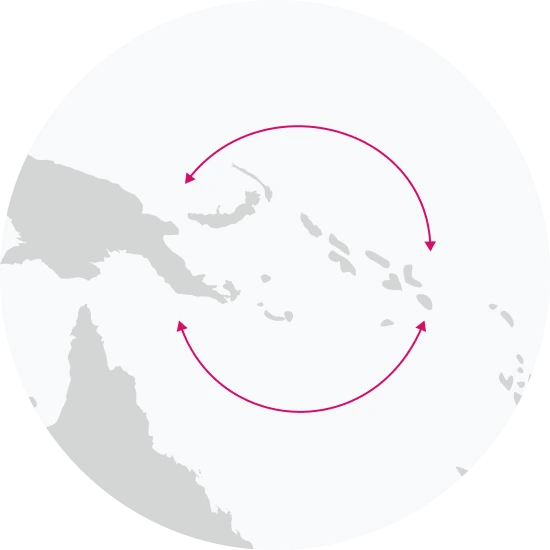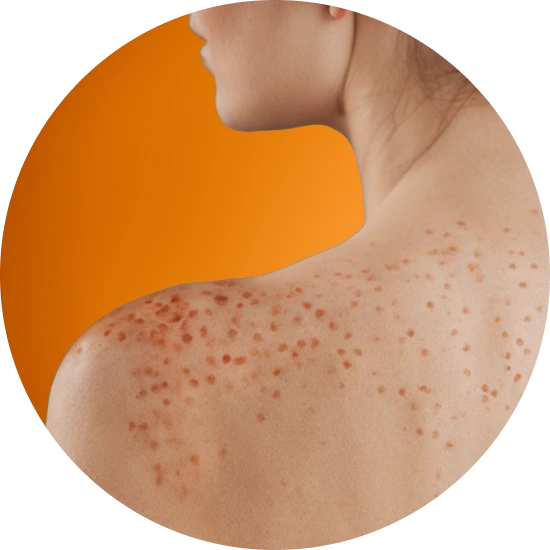Explore the Family Name Jin
How common is the last name Jin in the United States?
Based on the Decennial U.S. Census data, the popularity of the surname Jin has significantly increased between 2000 and 2010. The rank of the surname climbed from 6100 in 2000 to 3421 in 2010, a change of approximately 43.92 percent. Meanwhile, the count of individuals with the surname also experienced a sharp rise, moving from 5186 in 2000 to 10432 in 2010, a growth of over 101.16 percent. This indicates that for every 100,000 people, the number of individuals named Jin rose from 1.92 to 3.54 - an increase of 84.38 percent.
| 2000 | 2010 | Change | |
|---|---|---|---|
| Rank | #6,100 | #3,421 | 43.92% |
| Count | 5,186 | 10,432 | 101.16% |
| Proportion per 100k | 1.92 | 3.54 | 84.38% |
Race and Ethnicity of people with the last name Jin
In terms of ethnicity, the Decennial U.S. Census data shows that the vast majority of individuals bearing the surname Jin identify as Asian/Pacific Islander. In 2000, this group accounted for 96.39 percent of all Jins, with a negligible decrease to 96.30 percent by 2010. There were small fluctuations among other ethnic identities. For instance, the percentage identifying as White saw a slight increase from 1.54 percent in 2000 to 1.78 percent in 2010. Similarly, those identifying as Hispanic slightly rose from 0.35 percent to 0.40 percent. However, the percentage identifying as Black or American Indian and Alaskan Native decreased a bit during this period.
| 2000 | 2010 | Change | |
|---|---|---|---|
| Asian/Pacific Islander | 96.39% | 96.3% | -0.09% |
| White | 1.54% | 1.78% | 15.58% |
| Two or More Races | 1.2% | 1.13% | -5.83% |
| Hispanic | 0.35% | 0.4% | 14.29% |
| Black | 0.27% | 0.19% | -29.63% |
| American Indian and Alaskan Native | 0.25% | 0.19% | -24% |
Jin ancestry composition
23andMe computes an ancestry breakdown for each customer. People may have ancestry from just one population or they may have ancestry from several populations. The most commonly-observed ancestry found in people with the surname Jin is Chinese, which comprises 71.4% of all ancestry found in people with the surname. The next two most common ancestries are Korean (22.2%) and Manchurian & Mongolian (2.5%). Additional ancestries include British & Irish, Vietnamese, French & German, Chinese Dai, and Spanish & Portuguese.
Ready to learn more about your ancestry? Get the most comprehensive ancestry breakdown on the market by taking our DNA test. Shop 23andMe
| ANCESTRY BREAKDOWN | COMPOSITION |
|---|---|
| Chinese | 71.4% |
| Korean | 22.2% |
| Manchurian & Mongolian | 2.5% |
| Other | 3.8% |

Possible origins of the surname Jin
Your DNA provides clues about where your recent ancestors may have lived. Having many distant relatives in the same location suggests that you may all share common ancestry there. Locations with many distant relatives can also be places where people have migrated recently, such as large cities. If a large number of individuals who share your surname have distant relatives in a specific area, it could indicate a connection between your surname and that location, stemming from either recent ancestral ties or migration.
Based on 23andMe data, people with last name Jin have recent ancestry locations in South Korea and China.
| RECENT ANCESTRY Location | Percentage |
|---|---|
| Seoul, South Korea | 21.10% |
| Guangdong, China | 14.50% |
| Fujian, China | 13.70% |
| Jiangsu, China | 13.70% |
| Zhejiang, China | 13.50% |
What Jin haplogroups can tell you
Haplogroups are genetic population groups that share a common ancestor on either your paternal or maternal line. These paternal and maternal haplogroups shed light on your genetic ancestry and help tell the story of your family.
The top paternal haplogroup of people with the surname Jin is O-F46, which is predominantly found among people with East Asian & Indigenous American ancestry. Haplogroup O-F46 is descended from haplogroup O-M1359. Other common haplogroups include O-CTS2498 and O-F11, which are predominantly found among people with East Asian & Indigenous American and East Asian & Indigenous American ancestry. Other surnames with similar common haplogroups are: Hu, Chang, Zhou, Yang, Xu, Sun, Zhang, Hsu, Wang, Li.
The most common maternal haplogroups of people with Jin surname are: M, D4, M7b. These most commonly trace back to individuals of East Asian & Indigenous American and European ancestry.
 Paternal Haplogroup Origins O-M1359
Paternal Haplogroup Origins O-M1359
Your paternal lineage may be linked to many of the Massim groups of Papua New Guinea
Haplogroup O2a is prevalent among Massim ethnic groups, including the populations of Airara, Nomanby, the eastern tip of the mainland, the Trobriand Islands, Gawa, Woodlark, the Laughland Islands, and western Calvados. While Papua New Guinea has been inhabited for over 50,000 years, the Massim may have arrived in the last 2,000 years. Today, these populations remain connected through a traditional island trading system called the Kula Ring. Under this exchange system, residents ensure that goods that are only available on some islands, but that are vitally needed in other islands, are shared among the island populations. Only Massim men participate in the Kula exchange system, and it is common for men to be away from home for months at a time when trading with men from other islands.
Your maternal lineage may be linked to the Han
Members of haplogroup D are found in both northern and southern Han Chinese populations at low to moderate frequencies. The Han people, who all share the same language and similar cultural practices, are the largest ethnic group in the world, with about 1.2 billion people. Historical evidence shows that Han people are descendants of the ancient Huaxia tribes that come from northern China, and Han language and culture only expanded into southern China in the last 2,000 years. The spread of Han people and culture from northern to southern China was likely driven by warfare and famine in the north.

What do people with the surname Jin have in common?
Spoiler alert: it's complicated. People with the same last name are usually no more genetically similar than a randomly sampled group of people from the same population. That said, people with the same surname are more likely to have similar ancestries than randomly sampled individuals. The reason is the tendency of people with similar cultural or geographical backgrounds to preferentially mate with one another. That's why people who share a surname may be more likely to share traits and tendencies in common than people within the general population. Check out the percentages below to see the prevalences of tastes, habits, and traits of people with your surname compared with prevalences among 23andMe users.
Preferences
Traits
Habits
Wellness
Are health conditions linked to the last name Jin?
The short answer is that, if there is an association between surname and health, it's usually more about your ancestry than your name. Individuals with a given surname are no more genetically similar than the general population but often have similar ancestries. The populations of people associated with those shared ancestries often have sets of genetic variations, also known as alleles, in common. Some of those alleles are associated with a greater likelihood of developing certain diseases.
Disease variant frequency by ancestry
Disease allele frequencies in populations associated with the surname Jin are shown below. Important Note: not everyone with a disease allele will develop these health condition
















